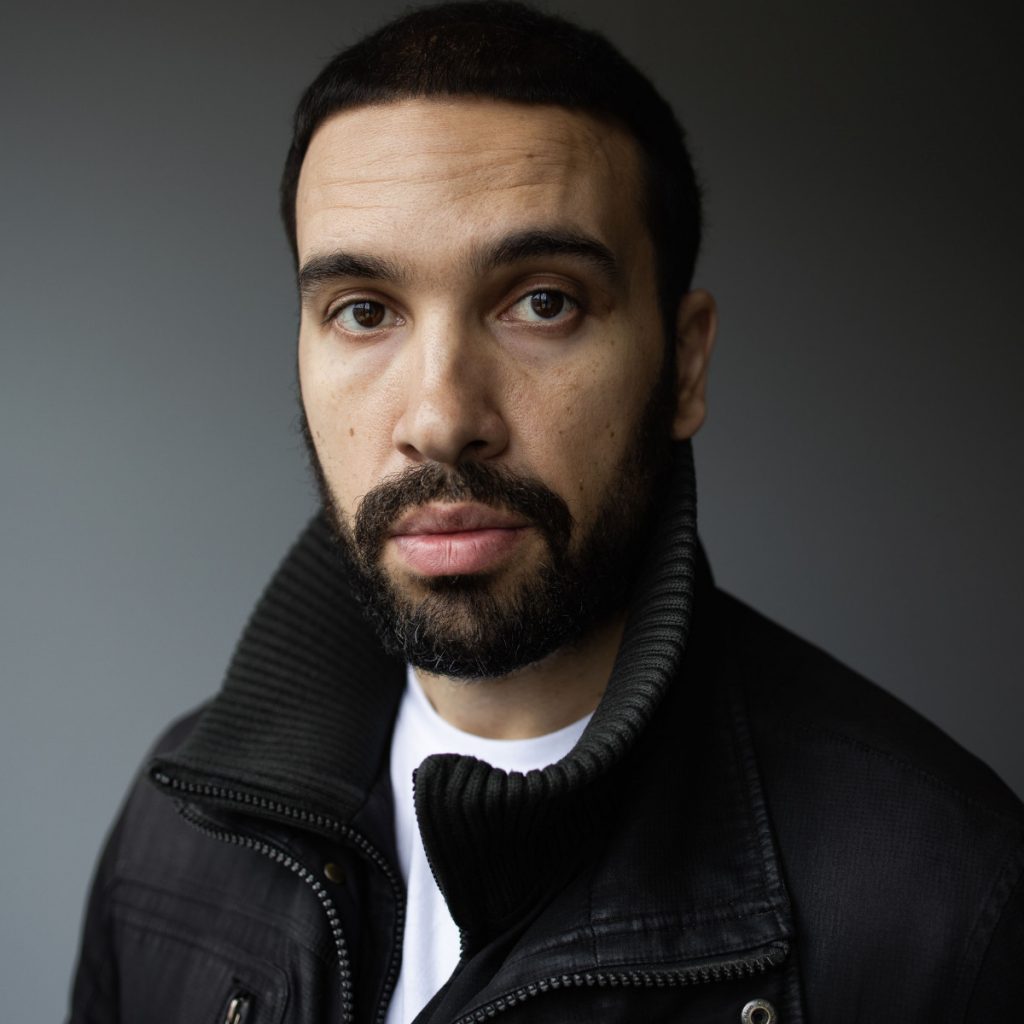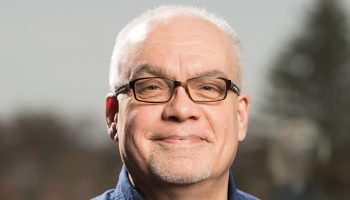SARAH VEST – STAFF WRITER

Personal identity, whether people mean it to or not, has a habit of slipping into their writing and making their work a reflection of themselves. Week Four’s poet-in-residence, Marcus Jackson, is currently working on a book that features longform poetry, but he initially planted his roots — and first three books — in short form.
“I was mainly drawn to poetry because of its brevity and the ability to compress narrative, and to explore pretty potent themes in a short amount of space,” Jackson said.
He will be giving a Brown Bag for the Chautauqua Writers’ Center, at 12:15 p.m. EDT Tuesday, July 20 on the CHQ Assembly Virtual Porch titled “Angles of Identity and Contemporary American Poetry.” Jackson is going to discuss how poets both explore and express their autobiographical self as well as their on-the-page identity.
Jackson said that he is “a little bummed that (he) didn’t get to go (to Chautauqua) in the flesh,” but he is looking forward to being able to enjoy some aspect of the community. It makes him “feel more healthy.”
He studied poetry in New York University’s graduate creative writing program and is a Cave Canem Fellow. His books include Pardon My Heart, Neighborhood Register and Rundown. His work has appeared in publications such as The American Poetry Review, The New Yorker, and The New York Times Magazine. He currently teaches in the master of fine arts programs at Ohio State University and Queens University of Charlotte. He is going to use works by BIPOC poets from across multiple eras of American poetry. His selections focus on authors who were working with “an overt sense of identity,” not only in reference to subject matter, but aesthetically. Jackson said that it is like these writers are “forging new ground as they move forward each line.”
As he has been exploring the boundaries of his poetic identity by playing with new poem lengths and forms, Jackson has found that there are a few things that always have to be taken into account. The primary one that he has noticed is the sound of the poem.
“Sound and rhythm are probably the foremost identifier for most styles of poetry,” Jackson said. Most poetry readers are struck by the poet’s “either knack for inventing sound, or their … calling back to a different historical era, and the rhythm or the musical movements that were happening.”
Jackson thinks that a person figuring out who they are and being themself is a “lifelong endeavor.” Trying to put a finite schedule or “particular ramifications” around personal identities only makes this endeavor more challenging.
“We’re lucky to be living and we’re lucky to be able to, essentially, be multiple versions of ourselves,” Jackson said, “or find new chapters in our identity as we move along.”




